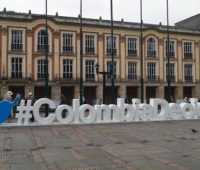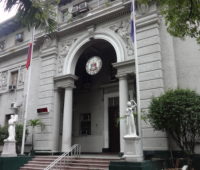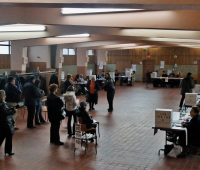As part of the annual “Democratic Erosion” undergraduate series, Andrea Gustafson examines what the Covid-19 pandemic reveals about federalism in the United States, in particular changes in the balance of power and responsibility between state-level governments and the federal government. Gustafson finds that, in response to the Covid-19 crisis, governors and state legislatures are taking a more active role, often in opposition to leaders at the federal-level. Noting a trend toward the “nationalization” of United States politics prior to the pandemic, Gustafson argues that “strengthening” federalism may reinvigorate democratic participation at the state level and prevent federal overreach, which may in turn combat democratic erosion.































